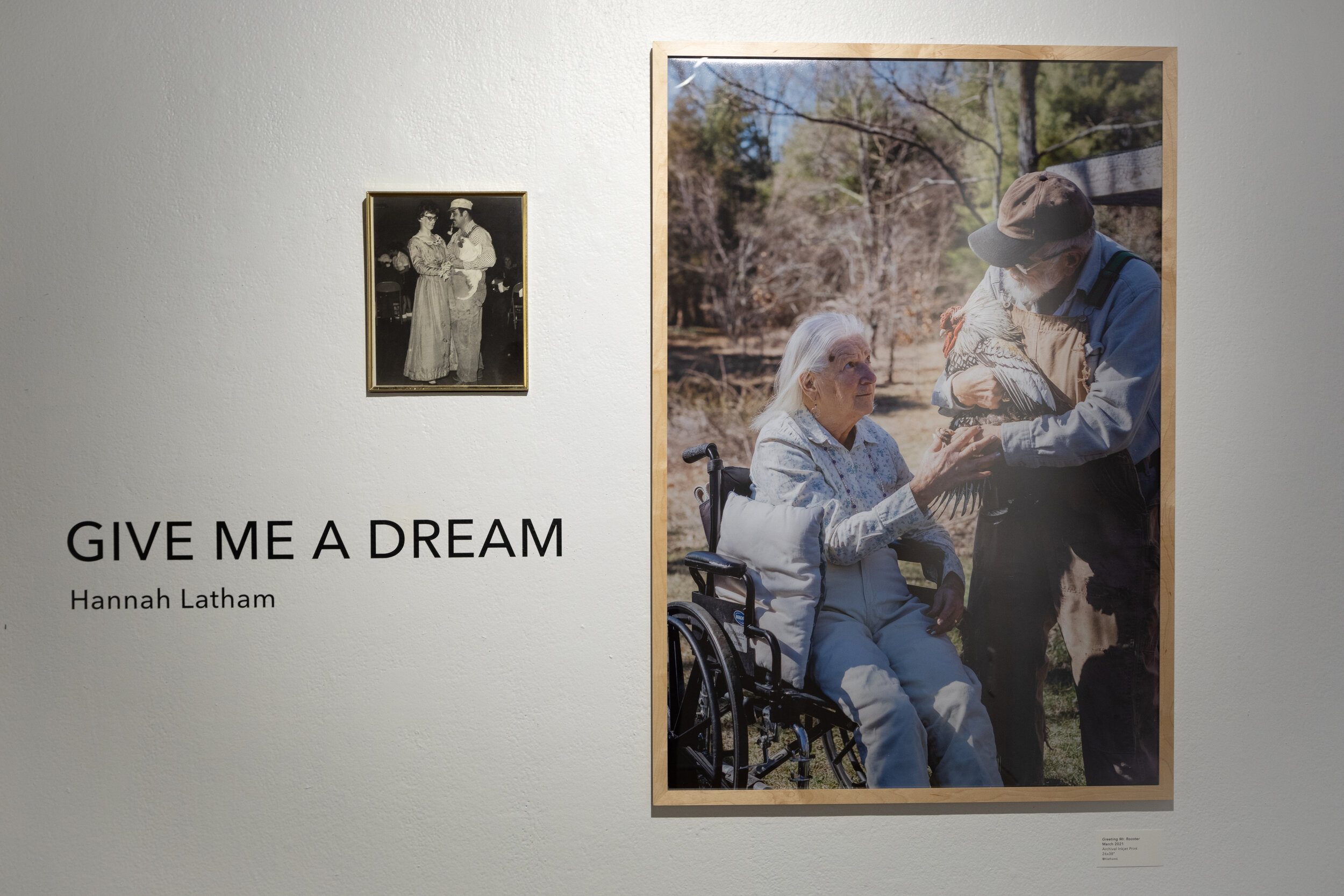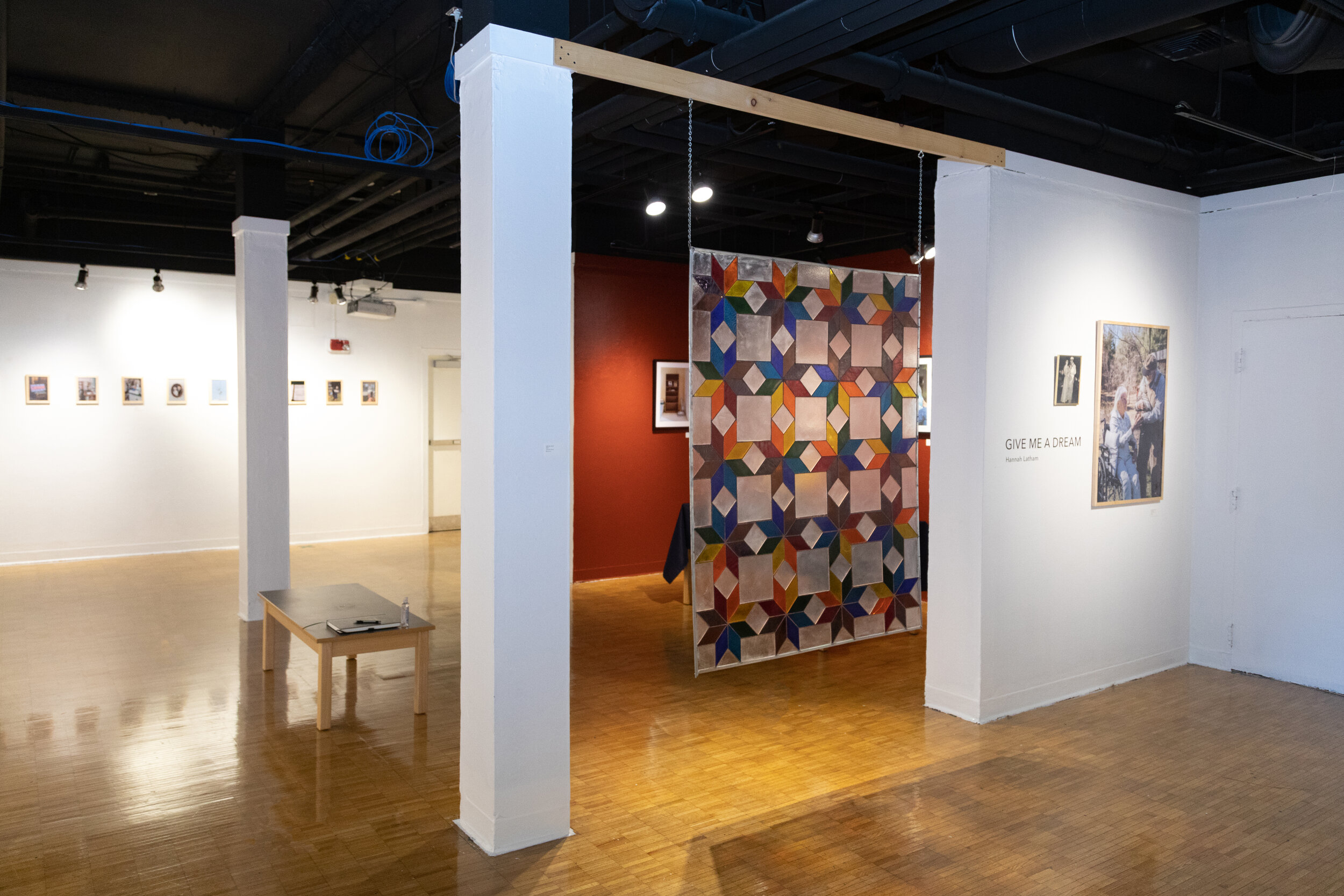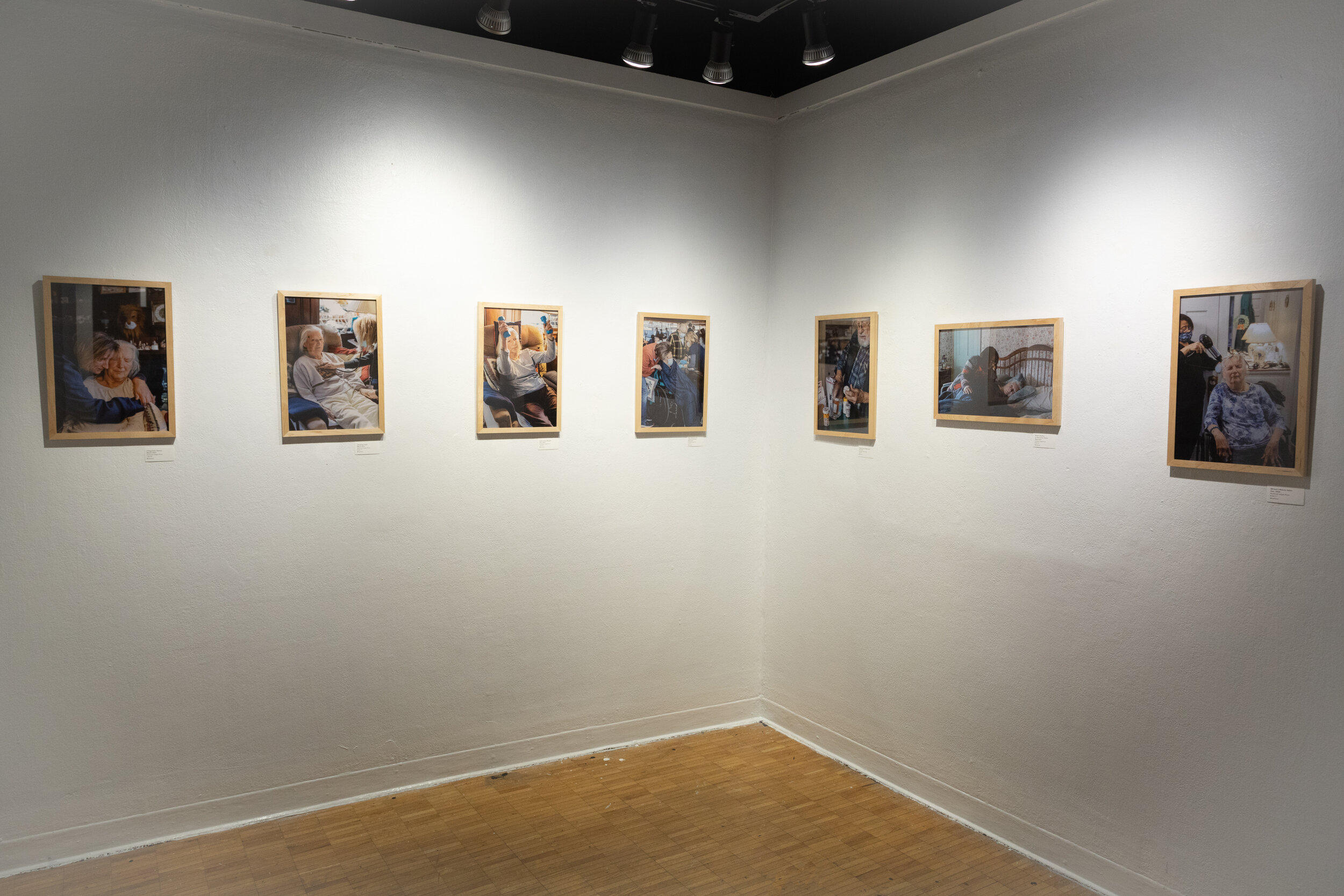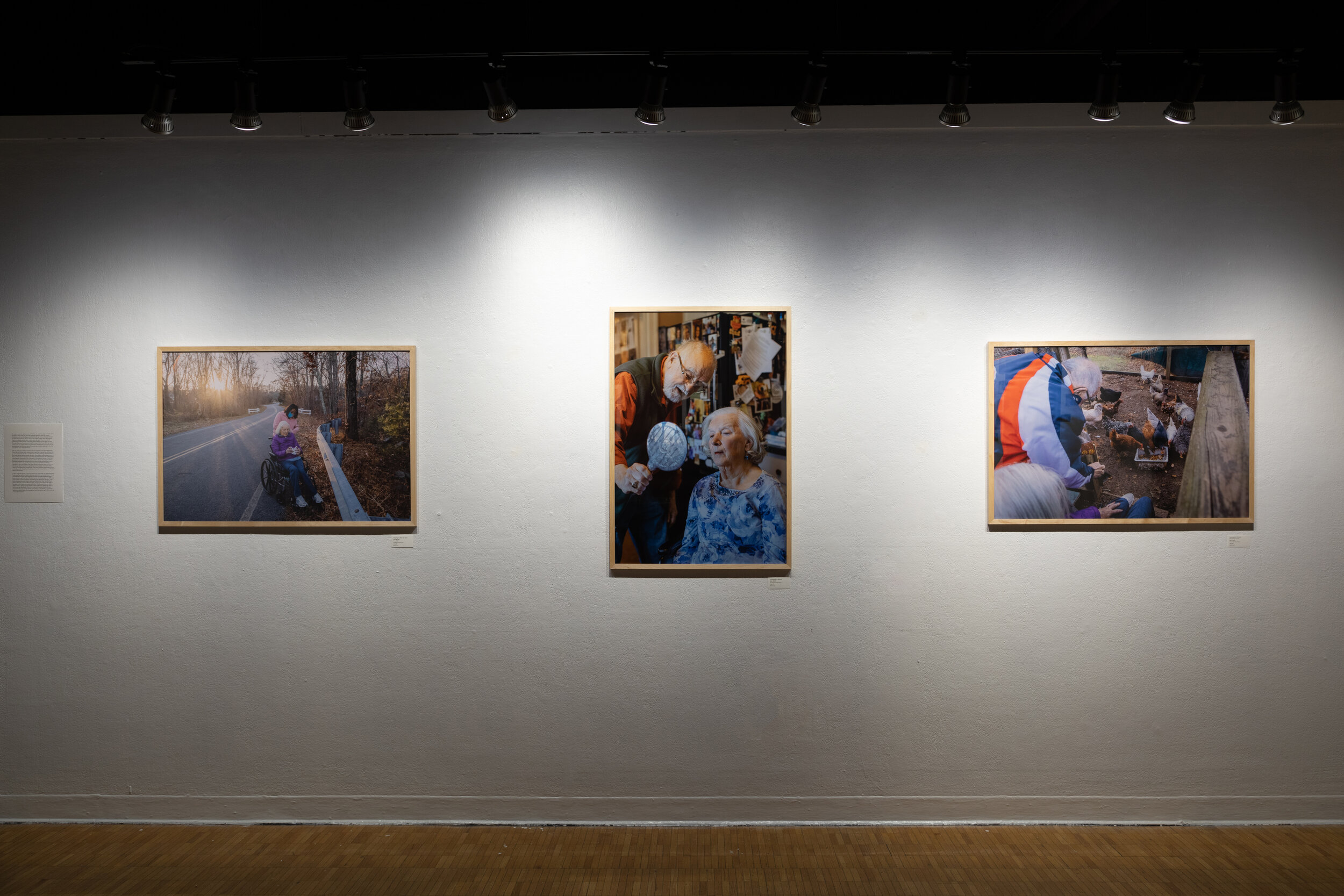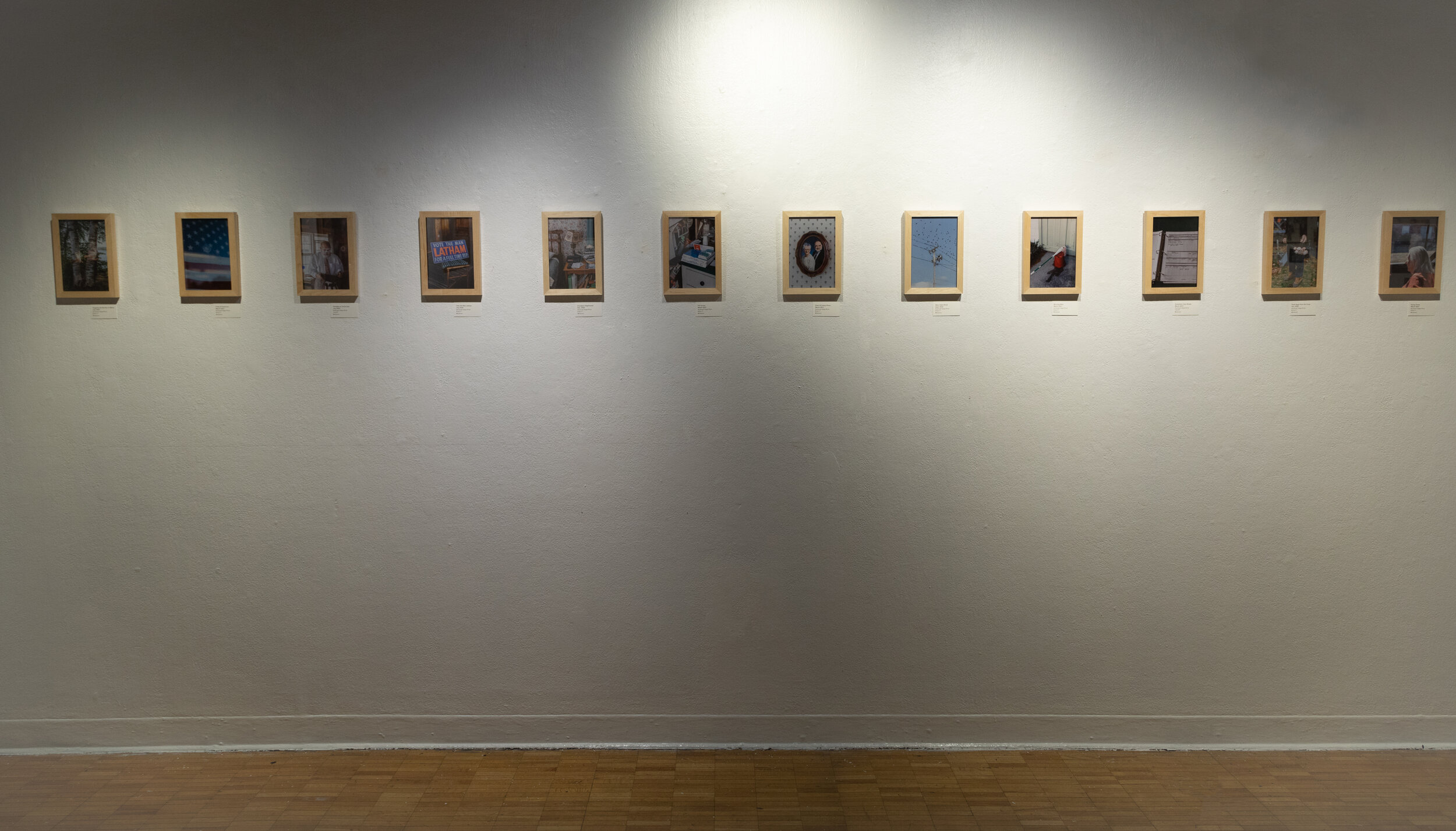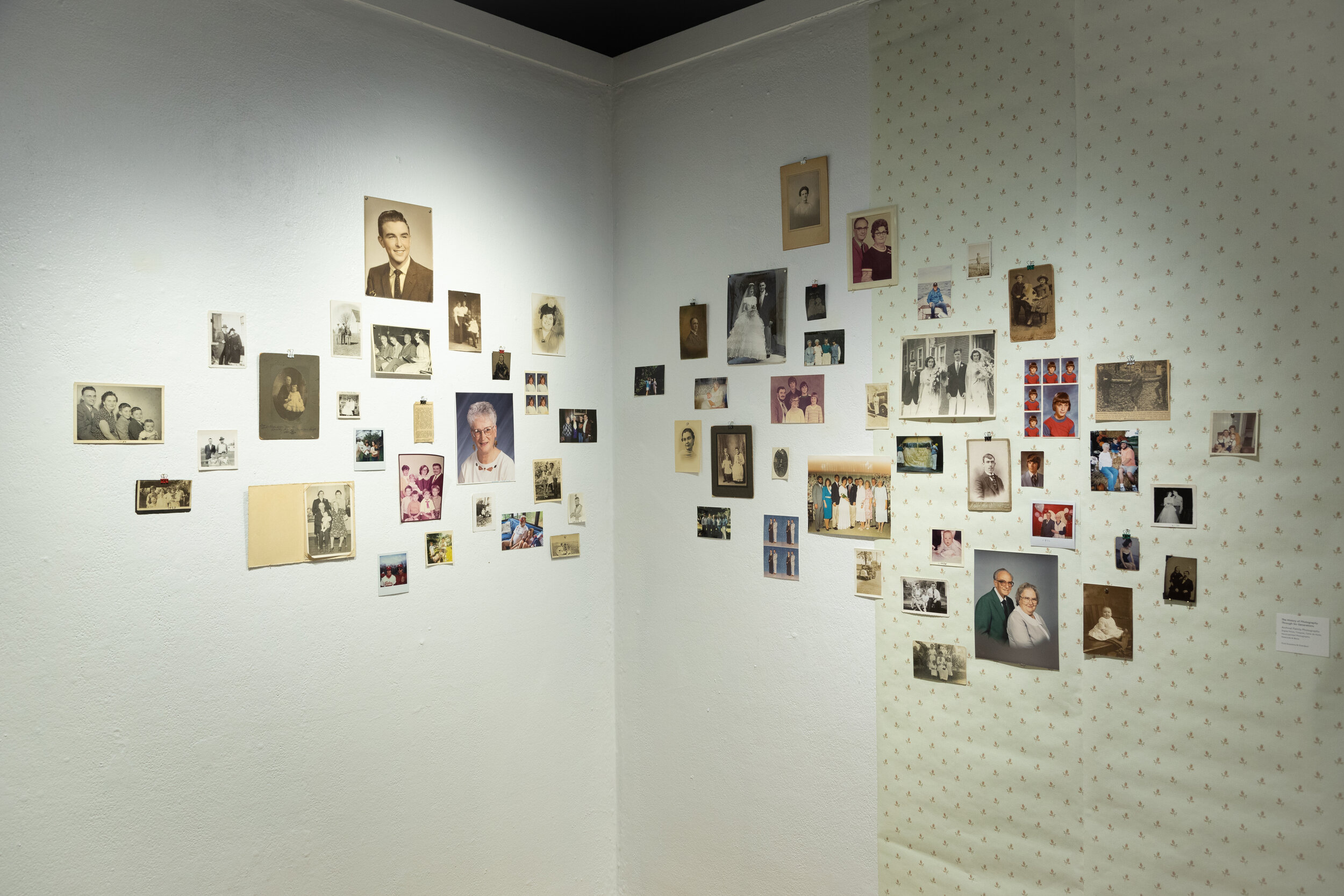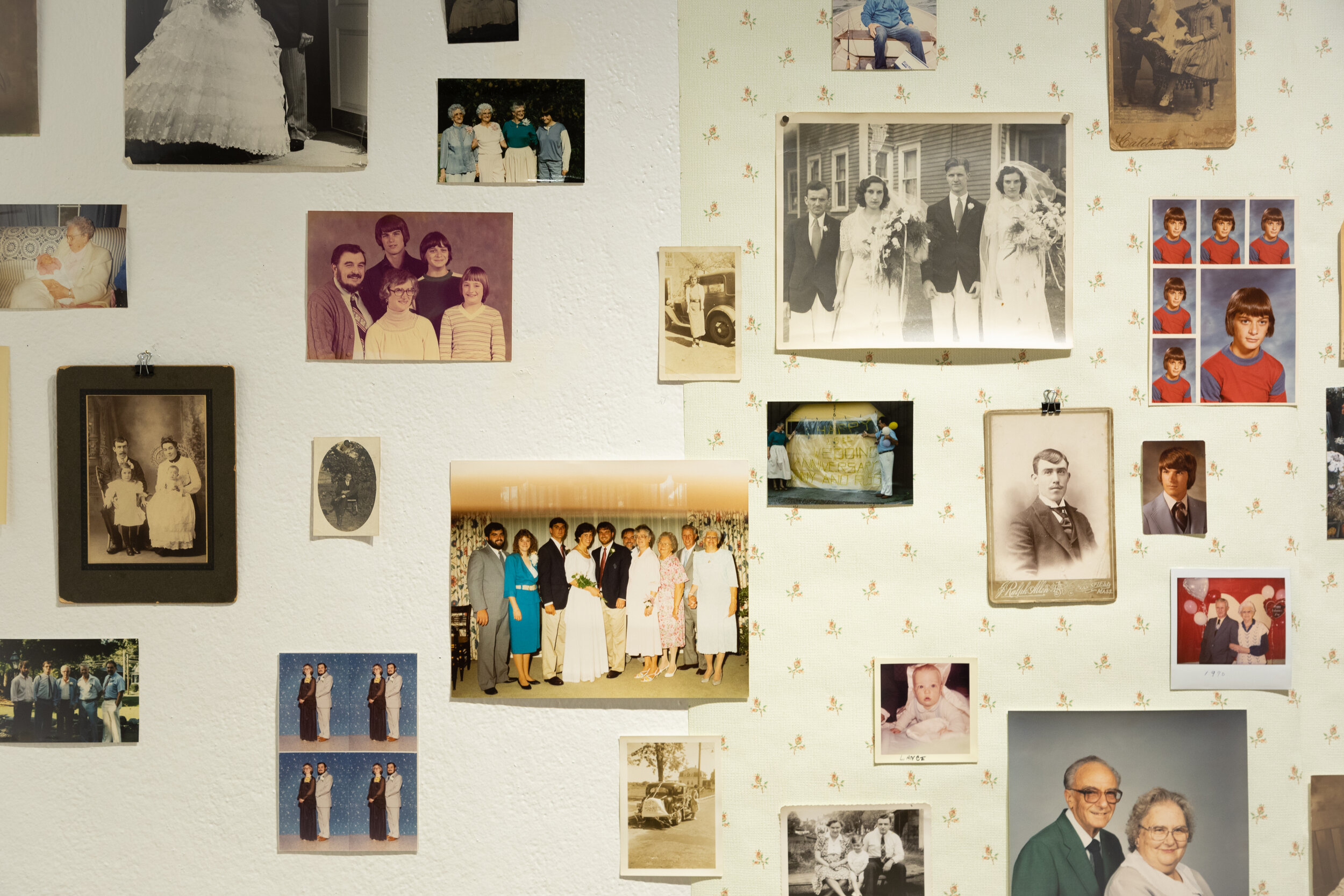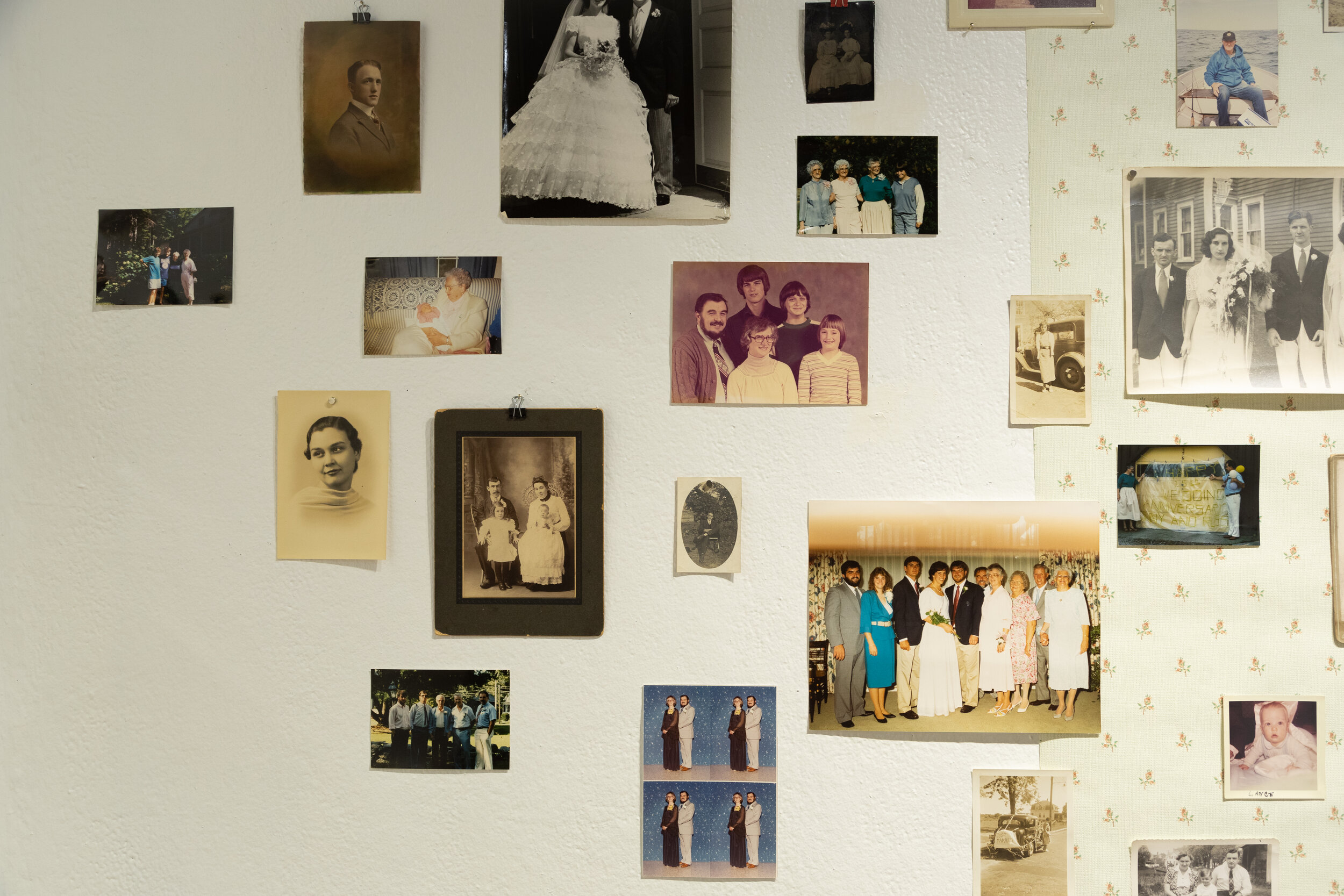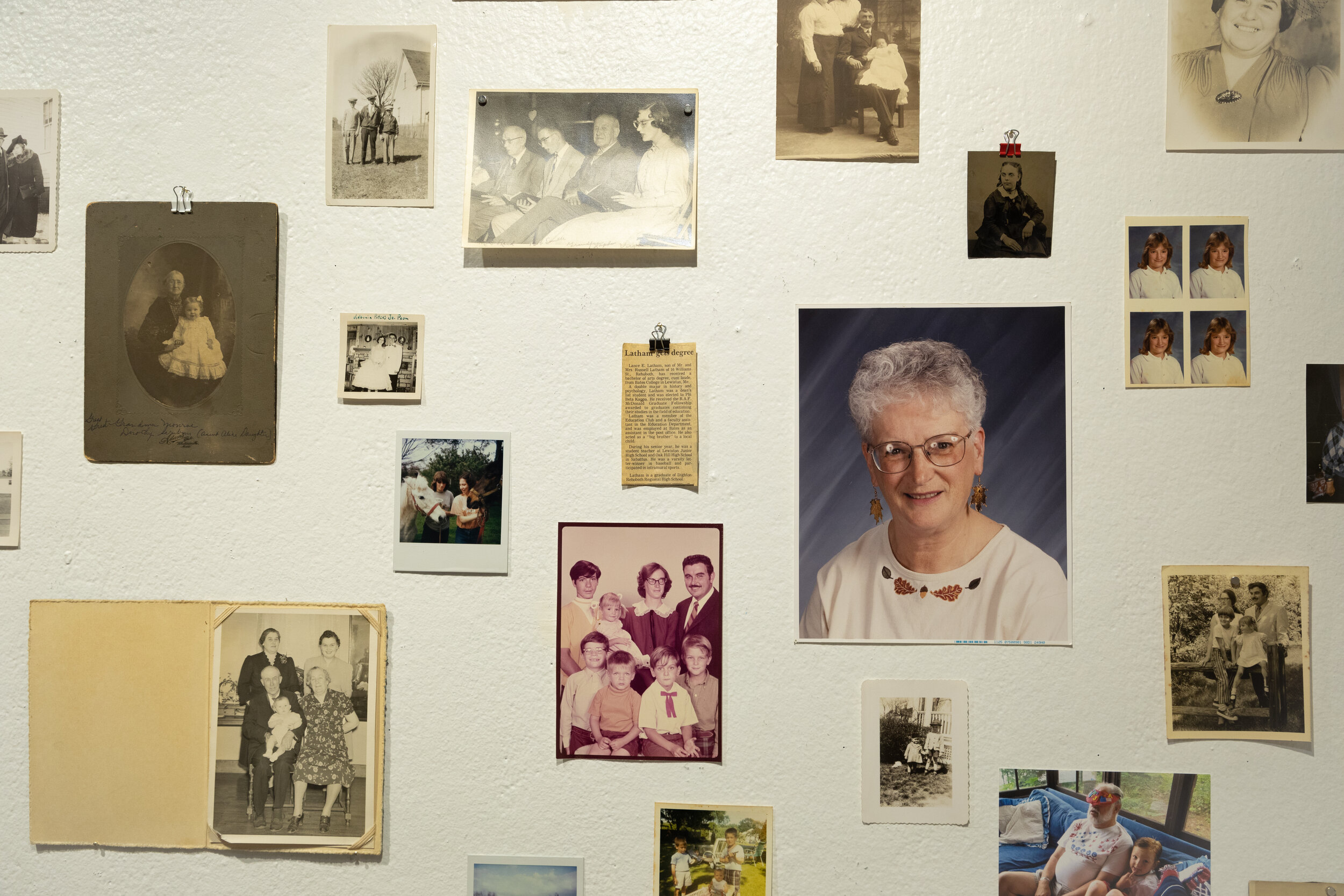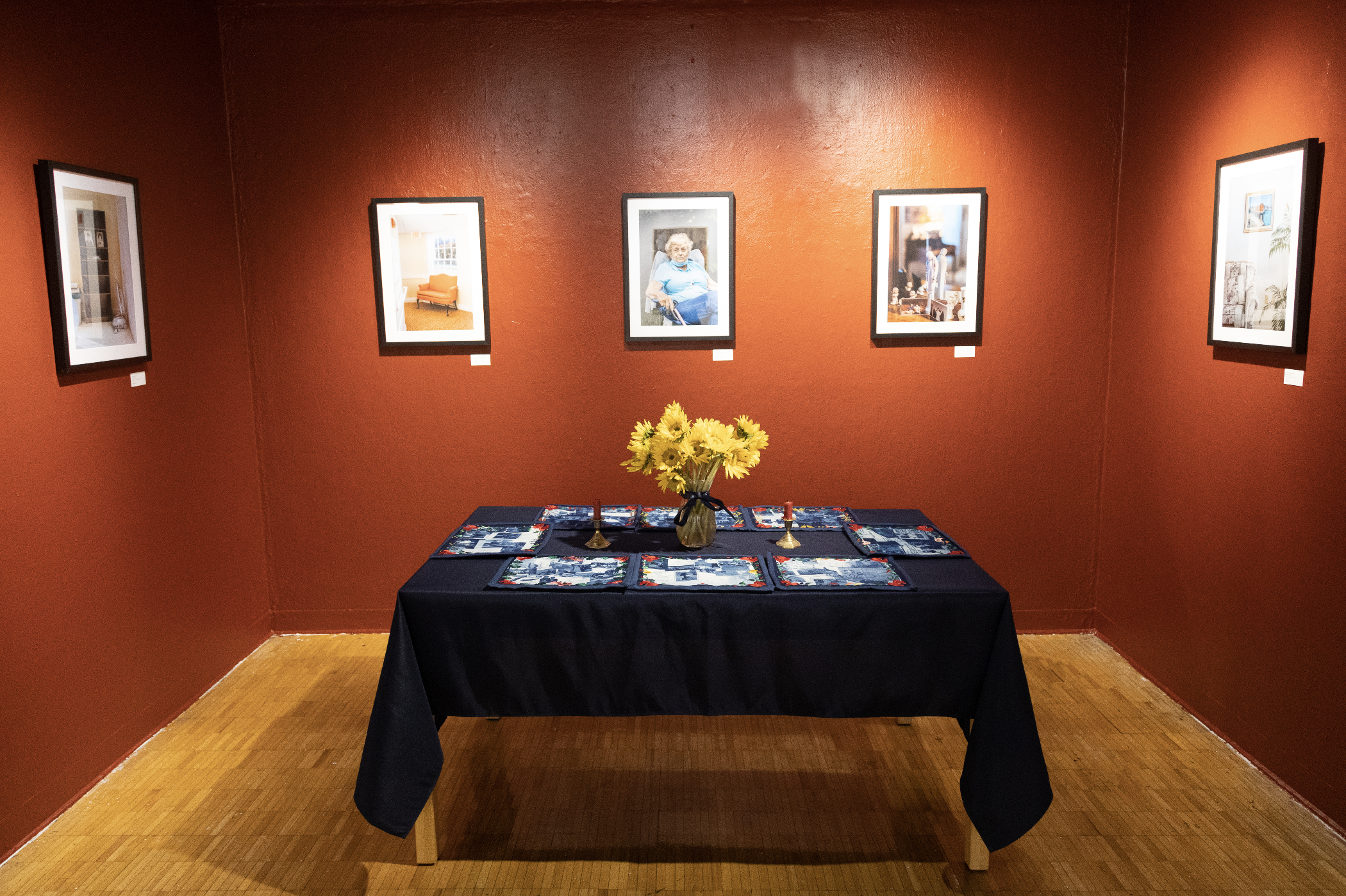On warm summer afternoons in Maine, we used to play on Gram and Gramp's dock and slip into the shallow water to look for clams. Collections of our findings would be lined up in our assorted beach buckets like treasure. If you swim out a little further from the shore, there's a sizable sandy spot where you can spot the sharp shells glistening in the current. You have to be careful not to step on one, though, because sometimes they'll cut your feet. Soon Gramp would come over to inspect what we gathered. Sometimes he'd pull out his pocketknife and slit one open for us to see, quickly sliding it into his mouth for us to react in horror.
We are only around for a fraction of our parents' and grandparents' lives. We will never truly know what it was like to grow up as they did or what it felt like for them to fall in love. The retelling of memories is our only way to access those remains. Sometimes photographs aid in their preservation, leaving clues from decades before. As I attempt to photograph memories from the past in the present tense, I find that places can embody these histories. I think about the pasture where Grandpa helped his cow give birth in front of the school bus. I visit the island where my grandparents experienced their budding romance. I sit in the same chair that Great Grandma used to sit in on Christmas. Each moment of generational nostalgia inevitably falls short in recording the impossible. They are constant reminders of our mortality, each metaphor a footnote in our memory during our limited time in this world.
In this ongoing series, I use my camera to cope with my grandparents' lived realities as their health declines and their memories fade. I focus on elements of class and heritage to draw parallels between their experiences, each set two different stories of immigration at different time scales. In their attempts at fulfilling the American dream, I use their possessions and loved ones as evidence of their fruitful lives before this day in time. When it rains, it pours, and each new day is flooded with rituals and responsibilities. These practices are often taken on as a group by my family in their efforts to delay the day in which we say goodbye. Time is a cruel and honest friend. As we anticipate the loss of the eldest generation in my family, I question what our future holds. Do my genes hold the same fate? Will there be a next generation?
